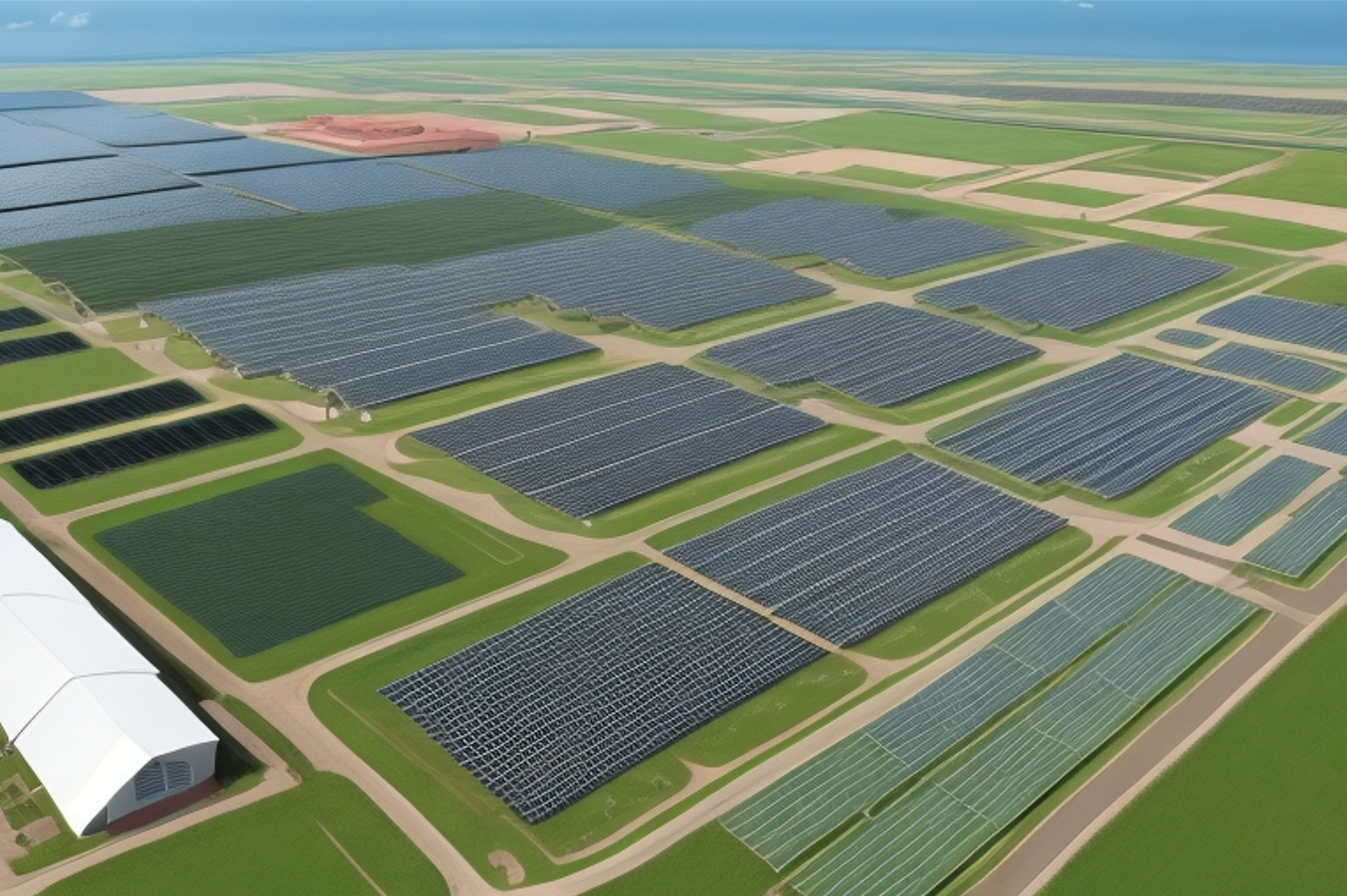Renewable electricity exports / Investment permit granted

Given Iran’s geographical position, the country can take very important steps in terms of renewable energy production and be a leader in exports among other countries.
With the issuance of the Ministry of Energy’s decree on renewable electricity exports, the possibility of allocating part of the export capacity to renewable power plants has been provided.
Considering Iran’s potential in renewables and the thirteenth government’s attention to the development of clean energy, solutions for this purpose were considered, one of which was creating conditions for the export of renewable electricity.
Mostafa Rajabi Mashhadi, the spokesman for the electricity industry, announced today the issuance of guidelines for the export of renewable electricity, stating that based on this decree, if there is excess capacity for the country’s electricity export lines, the necessary permits for investment in renewable power plants, hydropower, and even coal-fired plants will be granted to interested investors.
Accordingly, the possibility of electricity exports for investors in these power plants has been provided for 8 months of the year, allowing investors to increase the export capacity of the country’s electricity network in addition to establishing renewable or hydropower plants.
Ensuring the electricity supply for compatriots inside the country has always been and remains a priority, according to the CEO of Tavanir company. Accordingly, during the 4 months of peak electricity consumption in the country, which faces an imbalance of production and consumption, these power plants are obligated to supply electricity for domestic use in the energy exchange. Investors can have the privilege of using this export network for a specified period by increasing the network’s export capacity, which will result in export income for the power plants and help increase the capacity of exports and imports of the country, contributing to the stability of the national electricity network.
However, this guideline has envisaged that an energy exchange market for cross-border transactions for exports and imports of the country be provided, and industries or various power plants and investors use it. In cases where investors cannot supply the required electricity due to repairs or similar issues, the Ministry of Energy will proceed to buy electricity from the regional electricity market or the energy exchange’s international electricity board for export.
Based on this, the Ministry of Energy has announced that it has provided the necessary conditions for investors to exchange or import electricity to participate in supplying the required electricity for the country during the peak consumption period in summer.
It is expected that the issuance of this guideline will significantly increase investment in the country’s renewable power plants and, due to the very high price difference with neighboring countries compared to domestic prices, investors will be able to supply the required electricity for those countries by establishing renewable power plants in the country, helping the national electricity network during imbalances and benefiting from significant profits.
As Mahmoud Kamani, the deputy minister of energy, recently announced, if the guideline for the export of electricity by renewables is issued, electricity producers from renewable power plants will be able to export their electricity for 8 months of the year and inject it into the domestic network for the other four months, with Turkey, Pakistan, and Afghanistan being potential destinations for renewable electricity exports.
With this announcement, the private sector’s enthusiasm for investing in the renewable sector has increased, and it seems that Iran can utilize the hidden potentials in this field with the creation of appropriate policies.
Source: Gostaresh News







